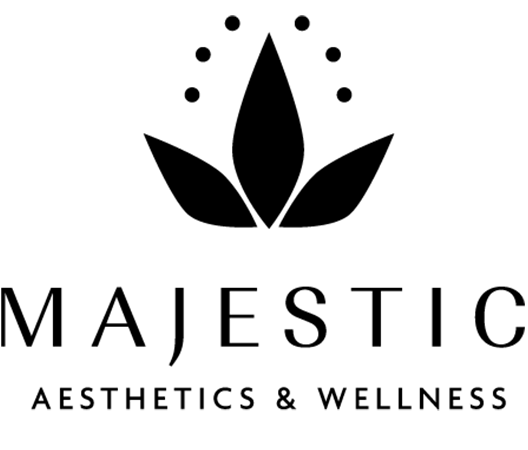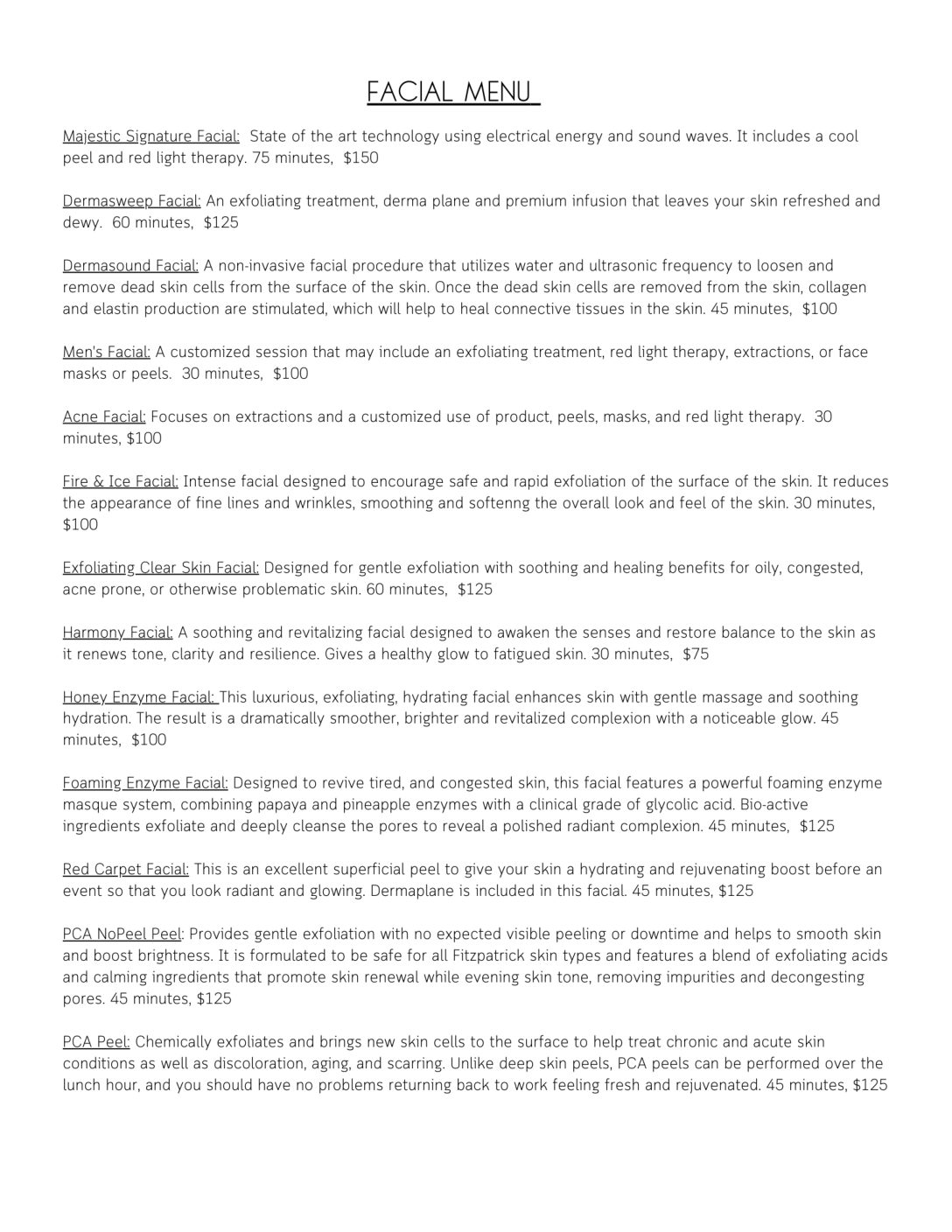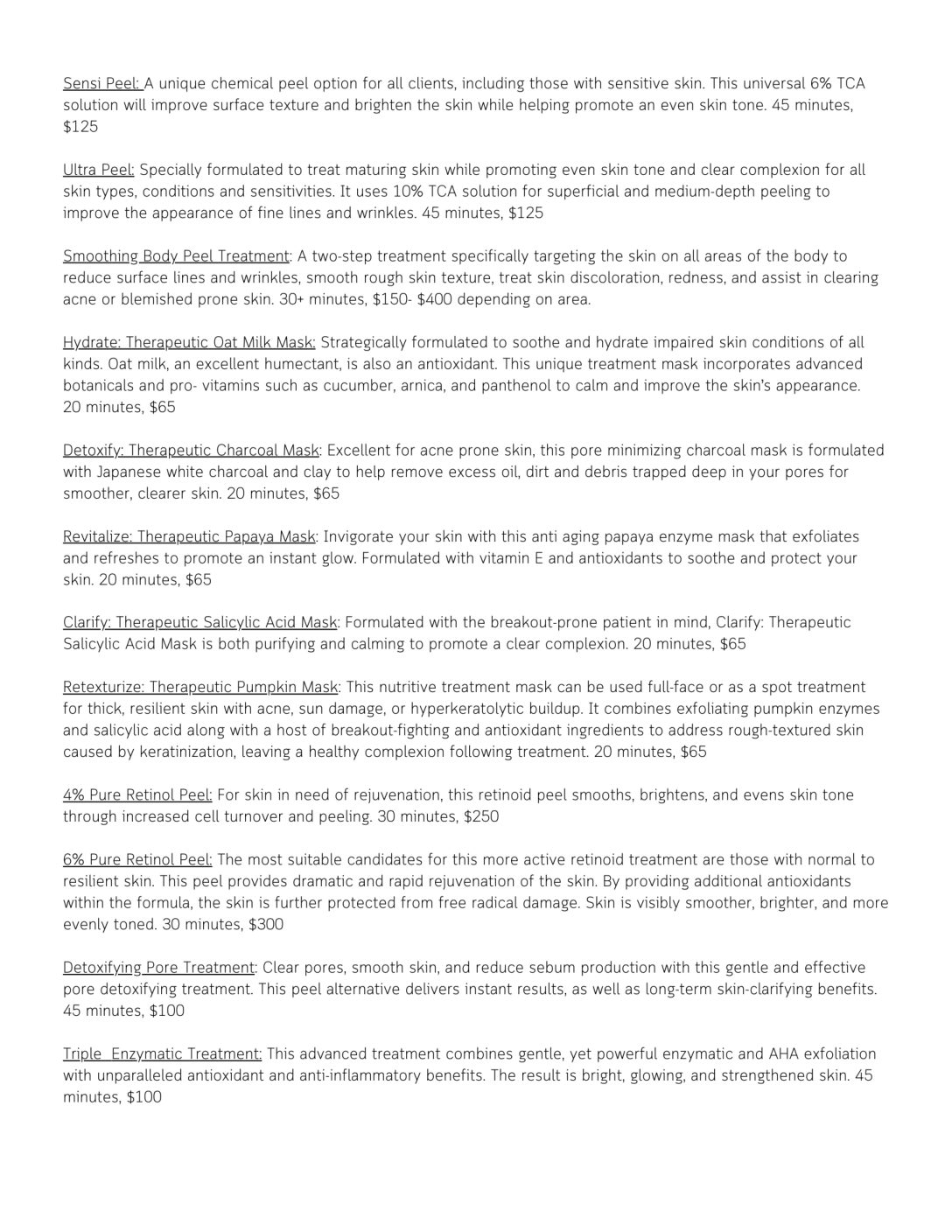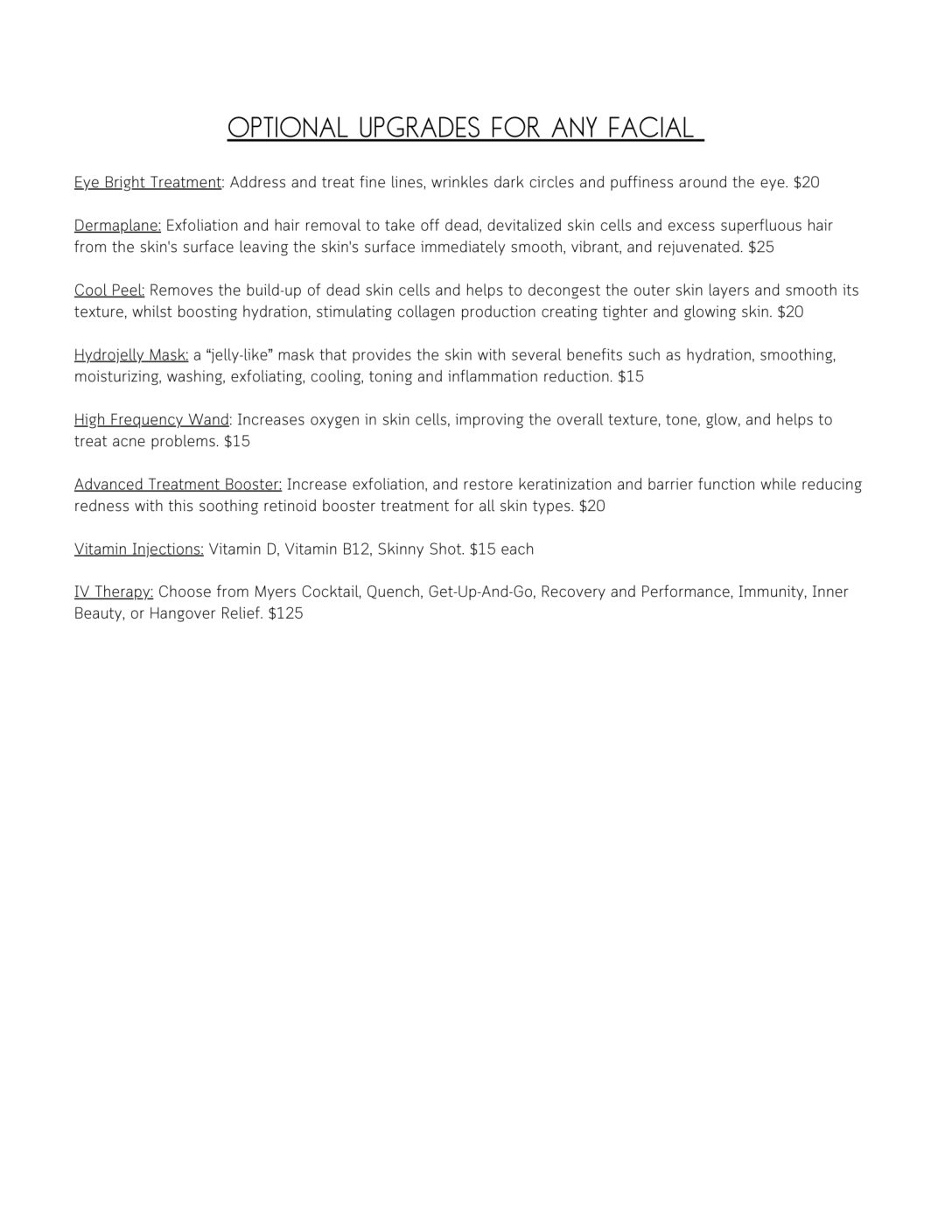Description
Colostrum is a thick yellow fluid, rich in protein, growth factors, and immune factors. It is secreted by the mammary glands of all female mammals during the first few days of lactation. It also contains essential nutrients and protease inhibitors that keep it from being destroyed by the processes of digestion. Humans produce relatively small amounts of colostrum in the first two days after giving birth, but cows produce about 9 gallons (36 L) of colostrum. Bovine colostrum can be transferred to all other mammals, and is four times richer in immune factors than human colostrum.
Although colostrum has received widespread attention as a dietary supplement only since the late 1990s, it has a lengthy history of medicinal use. Ayurvedic physicians in India have used colostrum as a treatment for thousands of years. In the United States, mainstream medical practitioners recommended colostrum as a natural antibiotic before the discovery of penilcillin and sulfa drugs. In the 1950s, colostrum was used to treat rheumatoid arthritis (RA). Dr. Albert Sabin, the researcher who developed the first oral vaccine for poliomyelitis, found that colostrum contains antibodies against polio. He recommended colostrum as a dietary supplement for children who were vulnerable to polio.
The major components of colostrum include the following substances:
- Immunoglobulins are globulin proteins that function as antibodies. They are the most plentiful immune factors found in colostrum. Immunoglobulin G (IgG) counteracts bacteria and toxins in the blood and lymphatic system; immunoglobulin M (IgM) seeks out and attaches itself to viruses in the circulatory system; immunoglobulins D and E (IgD and IdE) remove foreign substances from the bloodstream and activate allergic reactions. High-quality colostrum is certified to contain a minmum of 16% immunoglobulins.
- Lactoferrin is a protein that transports iron to red blood cells and helps to deprive viruses and harmful bacteria of iron.
- Proline-rich polypeptide (PRP). PRP is a hormone that regulates the thymus gland, helping to calm a hyperactive immune system or stimulate an underactive immune
- Growth factors. The growth factors in bovine colostrum include insulin-like growth factors (IgF-1 and IgF-2), an epithelial growth factor (EgF), transforming growth factors (TgF-A and TgF-B), and a platelet-derived growth factor (PDGF). Growth factors stimulate normal growth as well as the healing and repair of aged or injured skin, muscle, and other In addition, growth factors help the body to burn fat instead of muscle for fuel when a person is dieting or fasting.
- Growth Growth hormone slows some of the signs of aging.
- Leukocytes are white cells that stimulate production of interferon, a protein that inhibits viruses from reproducing.
- Colostrum contains three enzymes that oxidize bacteria.
- Cytokines and lymphokines. These are substances that regulate the body’s immune response, stimulate the production of immunoglobulins, and affect cell growth and
- Colostrum contains small amounts of vitamins A, B12, and E.
- Glycoproteins, or protease inhibitors, are complex proteins that protect immune factors and growth factors from being broken down by the acids in the digestive tract.
- Sulfur. Sulfur is a mineral that is an important building block of
General use
Colostrum is presently used to treat a variety of diseases and disorders. Applications that have been investigated in clinical trials include the following:
Bacterial and viral infections
A number of recent clinical studies have shown that colostrum is effective in reversing the inflammation of the digestive tract in HIV/AIDS patients caused by opportunistic infections. The antiviral, antifungal, and antibacterial properties of colostrum enable it to kill such pathogens as E. coli, Candida albicans, rotaviruses, and Cryptosporidium.
In 1980, a British researcher showed that a large proportion of the antibodies and immunoglobulins in colostrum are not absorbed by the body but remain in the digestive tract. There they attack food- and water-borne organisms that cause disease. More recent clinical studies have demonstrated that colostrum is effective in preventing intestinal infections by first keeping the bacteria from attaching themselves to the intestinal wall, and secondly by killing the bacteria themselves. Colostrum has proved to be capable of killing Campylobacter, Helicobacter pylori, Listeria, Salmonella, Shigellosis, and five types of streptococci.
Allergies and autoimmune diseases
The PRP in colostrum has been demonstrated to reduce or eliminate the pain, swelling, and inflammation associated with allergies and autoimmune diseases (multiple sclerosis, rheumatoid arthritis, lupus, myasthenia gravis). These effects are related to PRP’s ability to inhibit the overproduction of lymphocytes (white blood cells) and T-cells.
Heart disease
Recent research suggests that cardiovascular disease may be caused in part by alterations in the patient’s immune system. One study indicated that 79% of patients with heart diseases had a certain type of Chlamydia (an intracellular parasite closely related to certain bacteria) associated with the formation of plaque in their arteries. The PRP in colostrum may be able to reverse heart disease in the same way it counteracts allergies and autoimmune diseases. In addition, the growth factors and growth hormone in colostrum appear to lower the blood levels of “bad” cholesterol while raising the blood levels of “good” cholesterol. These growth factors also repair damage to heart muscle and support the growth of new blood vessels in the part of the circulatory system that surrounds the heart.
Cancer
Since 1985, the cytokines contained in colostrum have been a major area of research in seeking a cure for cancer. Researchers have found that the lactoferrin in colostrum has some anti-cancer activity. In addition, the combination of immune factors and growth factors in colostrum appears to inhibit the growth of cancers.
Weight loss
The growth factor called IgF-1 that is contained in colostrum is needed by the body in order to metabolize fat. As humans grow older, their bodies produce less IgF-1. These lower levels of growth factor are associated with a higher rate of type 2 diabetes in older adults and with increased difficulty losing weight in spite of exercise and careful attention to diet. While colostrum by itelf will not cause weight loss, it appears to be a useful part of a weight reduction program because of its IgF-1 content.
Sports medicine
The immune factors in colostrum appear to be helpful in protecting athletes from infections caused by the physical and emotional stress of competition. Using colostrum as a dietary supplement also increases the efficiency of the digestive tract for athletes in training. The intestines are able to make more nutrients available to the muscle cells and the body’s vital organs.
Open wounds
The growth factors in colostrum have been found to stimulate the growth of new skin and to repair tissues damaged by ulcers, injuries, burns, surgery, or inflammation. They are able to do this through their direct action on the cells’ DNA and RNA. Powdered colostrum has been used in topical preparations for gum disease, sensitive teeth, mouth ulcers, cuts, and burns.
Other
Colostrum has been used outside clinical research to treat a variety of other conditions. Satisfied individuals have reported that colostrum has successfully treated skin disorders, emphysema, baldness in males, anger outbursts, fever blisters, shingles, tendinitis, thyroid disorders, gout, insect bites, vaginal yeast infections, and anemia.
Preparations
Colostrum is presently available in a variety of forms, including tablets, liquids, powders, and encapsulated powders. In general, the powdered forms are recommended as preferable to liquids or tablets, on the grounds that liquid colostrum has a short shelf life and the processing necessary to produce tablets destroys much of colostrum’s biological activity. The recommended dose for adults with disease symptoms is 1,000-2,000 mg of powdered colostrum in capsules, taken twice daily with 8-12 oz of water. Preventive doses are left to the patient’s choice. Children can be given colostrum but require less than adults.
In the United States, colostrum is taken from dairy cows within 24 hours after the birth of a calf. Only dairy cows that meet USDA health standards and have been raised on a feed supplemented with nutrients are used to supply colostrum. The calf needs four gallons of the nine that the cow produces. The remaining five gallons are collected by a USDA-certified dairy. The colostrum is frozen and kept at a temperature of 17°F (-8.3°C). After the frozen colostrum is taken to a processing plant, it is carefully thawed and evaluated for quality and immunoglobulin content.
About 30% is rejected at this stage. The fat is then removed from the remaining colostrum, after which the colostrum is spray-dried at low heat. The colostrum is repeatedly tested during processing for freedom from bacterial contamination.
Precautions
Persons who are using colostrum as a dietary supplement in the United States should obtain it from a source licensed by the USDA.
Side effects
With the exception of allergic reactions in persons who are known to be allergic to cow’s milk, colostrum does not produce any major side effects at any level of consumption. Mild flu-like symptoms that disappear with continued use of colostrum have been reported in children.
Interactions
No significant drug interactions between colostrum and standard pharmaceuticals have been reported.
Key Terms
Cytokines
Substances of low molecular weight that affect cell growth and repair, tissue inflammation, and immunity to diseases.
Glycoproteins
Complex proteins that protect immune factors and growth factors from being broken down by stomach acids. Glycoproteins are also called protease inhibitors.
Immunoglobulins
A group of globulin proteins that function as antibodies.
Lactoferrin
A protein found in colostrum that carries iron to red blood cells and appears to have anti- cancer activity.
Lymphocyte
A type of white blood cell that is important in the production of antibodies.
Opportunistic infection
A type of infection caused only under certain circumstances, as when a person’s immune system is impaired.
Proline-rich polypeptide (PRP)
A hormone found in colostrum that regulates the thymus gland and the immune system. It helps to make colostrum an effective treatment for autoimmune disorders and possibly heart disease. Proline is an amino acid.
T cell
A type of lymphocyte that develops in the thymus gland, circulates in the blood and lymph, and regulates the body’s immune response to infected or malignant cells.
Why Bovine (cow’s) colostrum?
Scientific research, conducted in the last decade in major medical research centers and universities, throughout the world, has shown that the molecular combinations of the immune and growth factors in cow’s colostrum are virtually identical to human. Research has also shown that only bovine colostrum is not species specific and can work in human and lower mammals
Why do I need colostrum now that I’m an adult?
Research has shown that once we pass puberty, our bodies gradually produce less of the immune and growth factors that help our bodies fight off disease and heal damaged body tissue. With the loss of these vital components, we age and die. Colostrum is the only source of these life giving components …the actual immune factors and all of our body’s growth factors (hormones) in perfect combination as nature intended (synthesized and isolated hormones throw the other hormones out of balance and have been shown to have significant side effects). Research has shown that Colostrum has the demonstrated ability to kill bacteria and viral invaders, stimulate tissue repair (particularly the bowel lining), stimulate fat utilization for fuel and optimize cellular reproduction (anti-aging). No other substance on the planet can provide all of these marvelous benefits.
How is colostrum “anti-aging”?
After puberty our body begins slowing down the production of our body’s Growth Hormones. These hormones are necessary for the reproduction of virtually all of our body cellular tissue. It has been shown that by age 80 we are producing virtually no growth hormone, and so we age and die. Colostrum’s growth factors are the actual hormones that stimulate the normal reproduction of body cellular tissue. Normal reproduction means just that (normal) not aged, cancerous, wrinkled, or weakened. The New England Journal of Medicine (a few years back) stated that the most effective anti-aging process would be simply the replacement of growth hormones at proper levels to slow , possibly stop and even reverse the aging processes. Does it work? Just try and take Colostrum away from someone who’s used Colostrum for a while and you’ll see.
Does colostrum help with wound healing?
Colostrum’s immune factors are highly effective anti-bacterial and anti-viral agents to help reduce and eliminate infections in external injuries (cuts, burns, abrasions and surgical wounds). Colostrum also contains epithelial (skin) growth hormone that stimulates accelerated healing and powerful anti-inflammatory agents that can eliminate swelling and pain.
Open the capsule or use the powder and mix with sterile water or a saline solution to form a paste. This can be applied directly to the affected area. Bandage if needed. Reapply two to three times daily until healing is complete.
What makes colostrum so beneficial?
Colostrum’s Immune Factors
The onset of almost all infectious and degenerative disease, including cancer and heart disease, is preceded or accompanied by lowered immune system function. Studies show colostrum contains powerful immune factors (Immunoglobulins, Lactoferrin, Cytokines, etc.) that work to restore immune function.
Colostrum also contains PRP, shown in medical studies to help support an under active immune system. It also helps balance the overactive immune system present in autoimmune diseases — conditions in which the body actually attacks itself.
Doctors acknowledge that most disease enters the body through the bowel. The majority of the antibodies and immunoglobulins present in colostrum are not absorbed, but remain in the intestinal tract where they attack disease-causing organisms before they can penetrate the body’s defenses and cause disease. In addition, Colostrum’s growth factors help heal the bowel lining to prevent further penetration and harm.
According to the medical research, the presence of such a wide spectrum of immunoglobulins, antibodies and accessory immune factors in Colostrum offers tremendous possibilities in the prevention and recovery of illness in humans and mammalian pets.
Colostrum’s Growth Factors
Medical studies have shown that colostrum’s growth factors can help the body:
- Regenerate and accelerate normal growth of aged or injured muscle, bone, cartilage, skin collagen and nerve tissue.
- Help burn fat for fuel instead of muscle tissue in times of fasting (diet)
- Help build and retain lean muscle
- Repair our body’s vital DNA and
- Balance and regulate blood sugar levels
- Heal burns, surgeries, cuts, abrasions and mouth sores with topical application
- Control infection and pain associated with sensitive teeth and dental
- Help regulate blood glucose levels and “brain chemicals”, providing alertness and better concentration.
- Help regulate the brain’s “feel-good” chemicals (serotonin and dopamine) to brighten our moods.
Studies show Colostrum’s unique ability to support normal cell growth, tissue repair and trauma healing. They suggest that Colostrum provides unique new possibilities for rejuvenation. There may be a “fountain of youth” after all!
Bovine Colostrum is Safe And Effective For Humans
Research has shown that bovine colostrum is easily assimilable by humans, and is up to 40 times richer in immune factors than human colostrum. Also, the research shows that only cows’ colostrum contains special glycoproteins and protease
What Do Doctors Say About Colostrum?
Respected Physicians from across the world recognize the powerful benefits of Colostrum. Over 1000 scientific research articles substantiate the many benefits of using Colostrum. Here are quotes from some of these articles:
Colostrum has a virus antibody that acts against viral invaders. A wide range of antiviral factors were acknowledged to be present in colostrum. This research was done at the US Government’s Center for Disease Control in Atlanta, Georgia.
Dr. E.L. Palmer, et. al.; Journal of Medical Virology
Colostrum contains Non Specific Inhibitors that inhibit a wide range of respiratory illness, notably Influenza viruses. Colostrum is specifically cited for its unique effectiveness against potentially deadly outbreaks of Asian Flu viruses that emerge from animal/human mutations.
Drs. Shortridge, et.al.; Journal of Tropical Pediatrics
Glycoproteins, in bovine colostrum, inhibit the attachment of the Helicobactor Pylori bacteria that cause stomach ulcers. Colostrum contains significant amounts of Interlukin-10 (a strong inflammation inhibitory agent), found significant in reducing inflammation in arthritic joints and injury areas.
Dr. Olle Hernell, At the University of Ulmea, Sweden; Science
Colostrum and breast milk (from cows and humans) stimulates the newborn’s immune system; as yet, unidentified proteins speed the maturation of cultured B Lymphocytes (type of white blood cell) and primes them for production of antibodies.
Dr. Michael Julius Of McGill University, Montreal; Science News
Immunoglobulins (found in colostrum) are able to neutralize the most harmful bacteria, viruses, and yeasts.
Dr. Per Brandtzaeg; Annals of the New York Academy of Sciences
Human clinical study: Immune factors in cow colostrum, when taken orally, are effective against disease-causing organisms in the intestinal tract. Ingestion of bovine colostrum’s immunoglobulins may be a new method of providing passive immunoprotection against a host of gut-associated disease causing antigens (viral and bacterial).
Dr. R. McClead, et. al.; Pediatrics Research
Clinical studies show that IgE (Immunoglobulin), found in bovine colostrum, may be responsible for regulating allergic response.
Drs. Tortora, Funke & Cast; Microbiology
Studies with human volunteers found that the preservation of the biological activity of IgG (Immunoglobulin), in the digestive secretions of adults receiving bovine colostrum orally, indicates passive enteral (intestinal) immunization for the prevention and treatment of acute intestinal diseases.
Dr. L.B. Khazenson; Microbial & Epidemial Immunobiology
Colostrum stimulates the lymphoid tissue providing benefits in aged or immunodeficient people. Nature has used the oral route for the development of the immune system since the origin of mammals (safe and effective). Oral administration of immunofactors is simple, inexpensive, free of side effects and may be vastly beneficial in veterinary and HUMAN medicine, to correct immunodeficiency.
Drs. Bocci, Bremen, Corradeschi, Luzzi and Paulesu; Journal Biology
Immunoglobulin from bovine colostrum effectively reduces and prevents viral and bacterial infections in immune deficient subjects: bone marrow recipients, premature babies, AIDS, etc.
New England Journal of Medicine
Researchers reported that colostrum stimulates maturation of B Lymphocytes (type of white blood cell) and primes them for production of antibodies, enhances growth and differentiation of white blood cells. Similar activity in cow and human colostrum can also activate Macrophages.
Dr. M. Julius, McGill University, Montreal: Science News
Immunoglobulin in colostrum has been used to successfully treat: Thrombocytopenia, Anemia, Neutropenia, Myasthenia Gravis, Guillain Barre Syndrome, Multiple Sclerosis, Systemic Lupus, Rheumatoid Arthritis, Bulluos Pamphigoid, Kawasaki’s Syndrome, Chronic Fatigue Syndrome and Crohn’s disease, among others.
Dr. Dwyer; New England Journal of Medicine
Concentration of Lactoferrin and Transferrin in bovine colostrum found necessary to transport iron into blood. Highest concentrations of both substances were found in the first milking after birth.
Drs. Sanchez, et al, Biological Chemistry
PRP, in bovine colostrum, has the same ability to regulate activity of the immune system as hormones of the Thymus gland. It activates an underactive immune system, helping it move into action against disease-causing organisms. PRP also
suppresses an overactive immune system, such as is often seen in the autoimmune diseases. PRP is highly anti-inflammatory and also appears to act on T-cell precursors to produce helper T-cells and suppresser T-cells.
Drs. Staroscik, et. al., Molecular Immunology
PRP was found not to be species specific (transferable for human use). Turns white blood cells into functionally active T cells. Results were shown in treatment of auto-immune disorders and cancer. An important Immune modulator stimulates an underactive immune system and tones down an overactive one.
Drs. Janusz & Lisowski; Archives of Immunology
Bovine Colostrum contains TgF-B which has an important suppressive effect on cytoxic substances (anti-inflammatory). Inhibits cell growth of human Osteosarcoma (cancer) cells (75% inhibition). Mediator of fibrosis and angiogenesis (healing of heart muscle and blood vessels), ( Roberts et al., 1986), accelerates wound healing (Sporn et al.., 1983) and bone formation (Centrella et al., 1987).
Drs. Tokuyama and Tokuyama; Cancer Research Inst. Kanazawa Univ. Japan
Only Retinoic acids, found in colostrum, conferred protection and reduced colonization of the Herpes Virus. Although not a cure, Retinoic acids effectively reduce the Herpes Virus to levels (1/100 to 1/10,000 viruses remained active after treatment) where the body’s immune system could fight off an outbreak. Drs. Charles Isaacs, et. al.; Experimental Biology; Science
High age is associated with reduced levels of growth hormones: GH and IgF-1. Induction of GH and IgF-1 increase body weight through muscle growth of aged subjects.
Drs. Ullman, Sommerland & Skottner, Dept. of Pathology and Pharmacology, Univ. of Gothenburg, Sahlgren Hospital & HabiVitrum AB, Stockholm, Sweden
Colostrum contains Retinoic Acid which helps fight Herpes Virus. Also contains Glycoprotein (kappa casein) that protects against the bacteria that cause stomach ulcers.
Dr. Raloff, Science News
Reducing viral levels in the body and stimulating natural immune capabilities holds the most promise in helping our immune systems contain the HIV virus. Drs. Nowa and McMichael; Scientific American
Growth factors in bovine colostrum were found to be very effective in promoting wound healing. Recommended for trauma and surgical healing. External and
internal applications.
Drs. Sporn, et. al.; Science
Cartilage Inducing Factor-A, found in colostrum, stimulates cartilage repair. Drs. Seyedin, Thompson, Bentz, et. al.; Journal of Biological Chemistry
Bovine colostrum contains high levels of growth factors that promote normal cell growth and DNA synthesis.
Drs. Oda, Shinnichi, et. al.; Comparative Biochemical Physiology
IGF-1, found in colostrum, stimulates bone and muscle growth and nerve regeneration. Also found: topical administration to wounds resulted in more effective healing.
Drs. Skottner, Arrhenius-Nyberg, Kanje and Fryklund, Acta. Paediatric Scandinavia, Sweden
The failure of chronic wounds to heal is a major medical problem. Drs. suggest that an important role for growth factors is in promoting wound healing.
Accelerated healing is possible for treatment with trauma and surgical wounds. Drs. Bhora, et. al.; Journal. Surg. Res.






